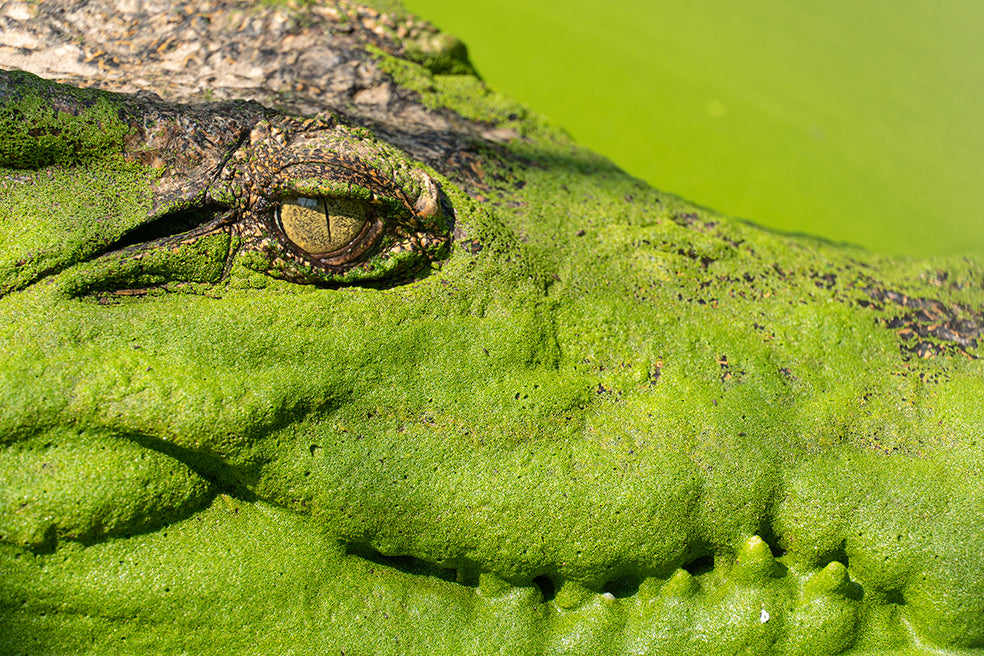
Project Snapshot
The Southern Cardamom "Ridge to Reef" REDD+ Project contains 2000+ hectares of pristine mangrove forest and helps to protect and enhance a further 50,000+ hectares of mangroves. Blue-carbon ecosystems like those surrounding this project are most effective when they are directly connected to a healthy watershed (more on that below). REDD+ is one of the most effective carbon offset protocols and stands for Reducing Emissions from Deforestation and forest Degradation program developed by the UNFCC.
- With VCS, SD VISta and CCB certification, the project produces 3.5 million metric tons of carbon credits per year.
- Home to myriad endangered species, like the Irrawaddy Dolphin, Giant ibis, Sunda pangolin, Asian elephant, Sun Bear, Black-shanked douc langur and Pileated gibbon
- The project provides 200+ jobs, and education and healthcare benefits for 16,000+ people in the local community
These diverse habitats support at least35 species of IUCN Threatened birds, mammals, and reptilesincluding the Siamese crocodile and one of Cambodia’s two viable populations of Asian elephant. The landscape has also been identified by the Government of Cambodia as an opportunity for tiger reintroduction.
Protecting the Southern Cardamom Watershed in Cambodia
The Southern Cardamom REDD+ Project stretches from the Cardamom Mountains in Cambodia down to the Gulf of Thailand. This incredible watershed is one of the world’s 34 biodiversity hotspots and drains into one of Southeast Asia’s largest mangrove forests, located in the Koh Kong estuary.
Together with the local community, SeaTrees is working to protect 497,000 hectares of this critical coastal watershed. The Southern Cardamom Project is designed to promote climate change mitigation and adaptation, maintain biodiversity and create alternative livelihoods under the United Nations REDD+ scheme. The project is part of the Indo-Burma Hotspot, one of the world’s 34 biodiversity hotspots, and is a critical watershed for the Gulf of Thailand, with a mosaic of habitats from dense evergreen and pine forests on its ridge tops to lowland melaleuca wetlands, flooded grasslands, lakes and coastal mangroves in its lowlands.
A little further reading...
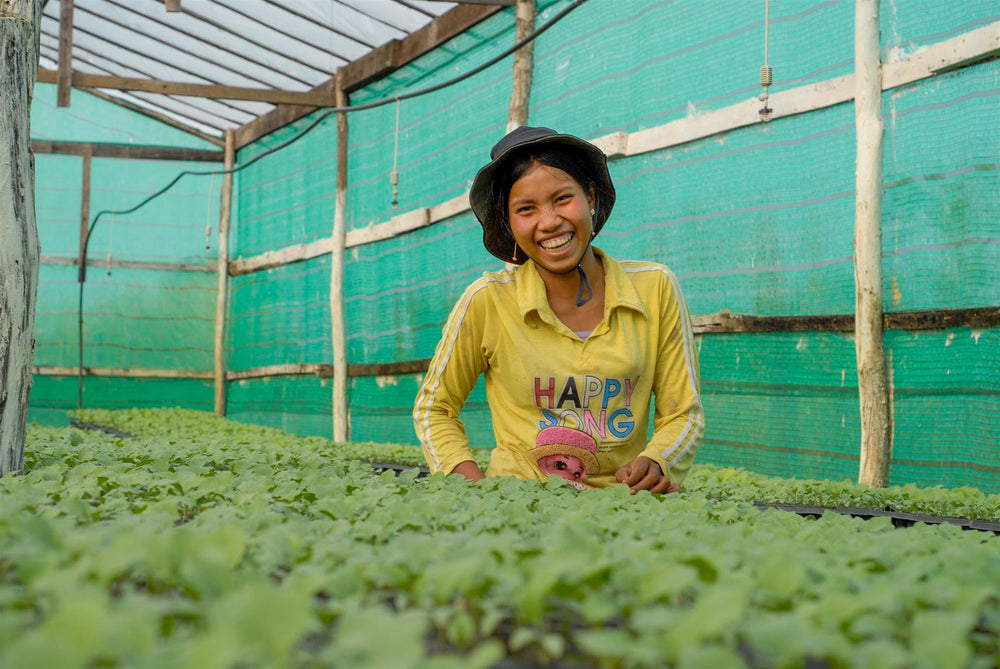
Supporting Communities
The Southern Cardamom Project directly supports the livelihoods of >16,000 local people in 29 villages, including an indigenous community in Chhay Arieng. The majority of the jobs are community based eco-tourism and forest guards. Women hold 63% of the management positions of the project.
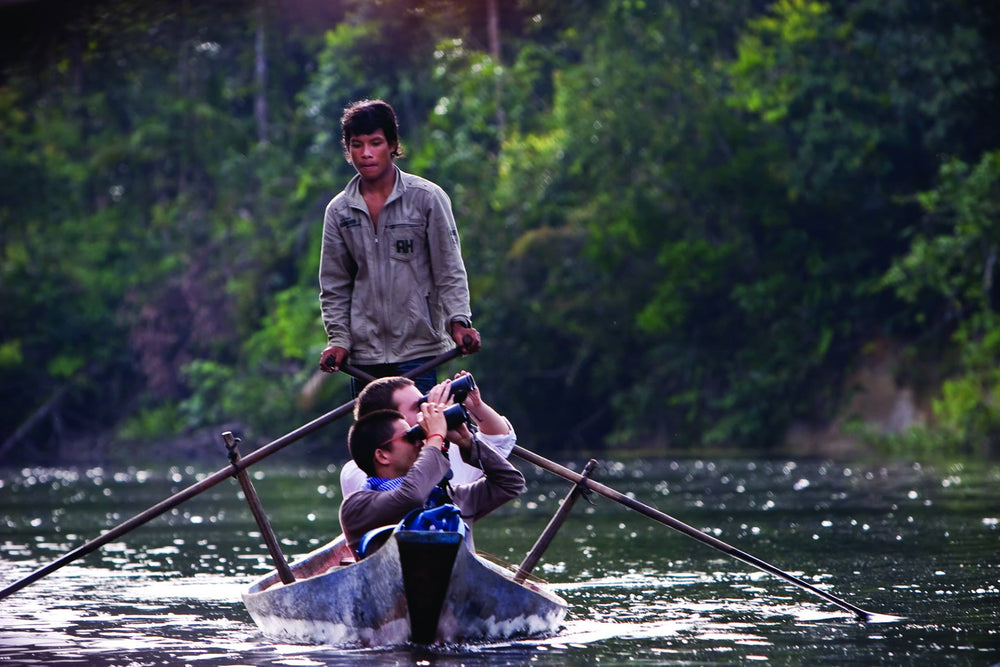
From Poachers to Guides
The longer-term success of this project is ensured through the creation of meaningful jobs that are reliant on the forest being protected. Wildlife Alliance helped to develop eco-tourism opportunities. Yes! - you can go on guided tour with a ranger and see the impact this project is having in person:
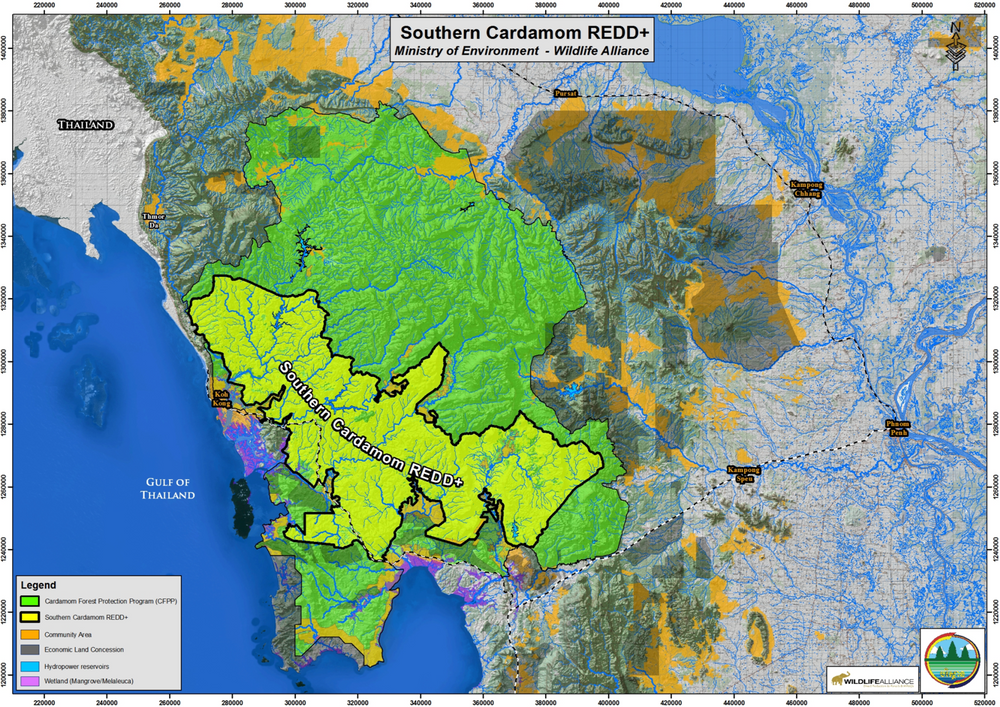
REDD+ Carbon Project
REDD+ - aka "Reduced Emissions from Degradation and Deforestation" projects are some of the highest quality carbon credits available.
REDD+ creates permanent protection for existing old-growth forests that are under direct threat.
This is achieved though a 30 year sustainable development program that transitions the local economy to permanent forest protection.
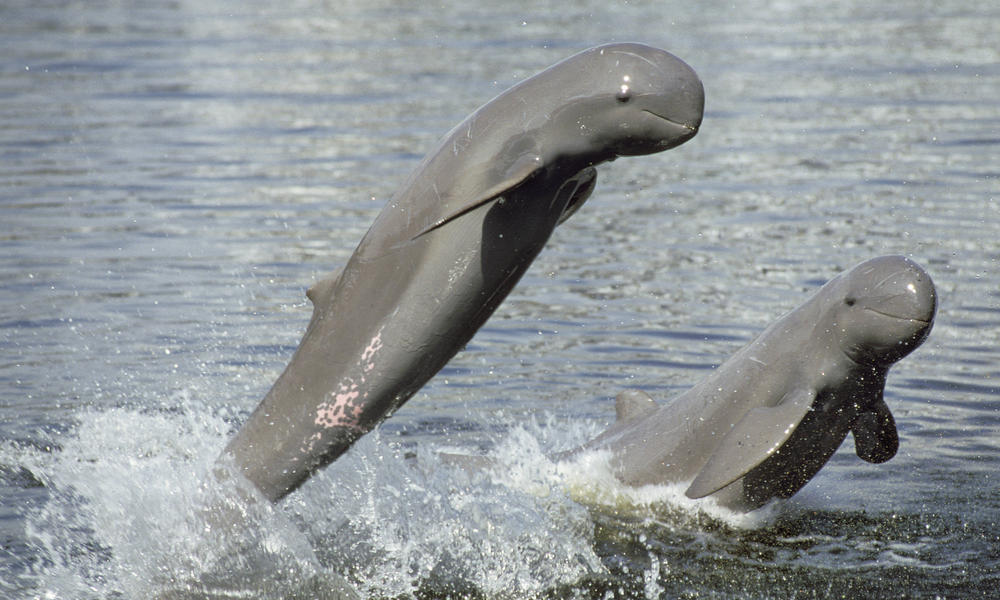
Endangered Species - Irrawaddy Dolphins
This project provides long-term employment for the local community. This in turn drives other Sustainable Development benefits.
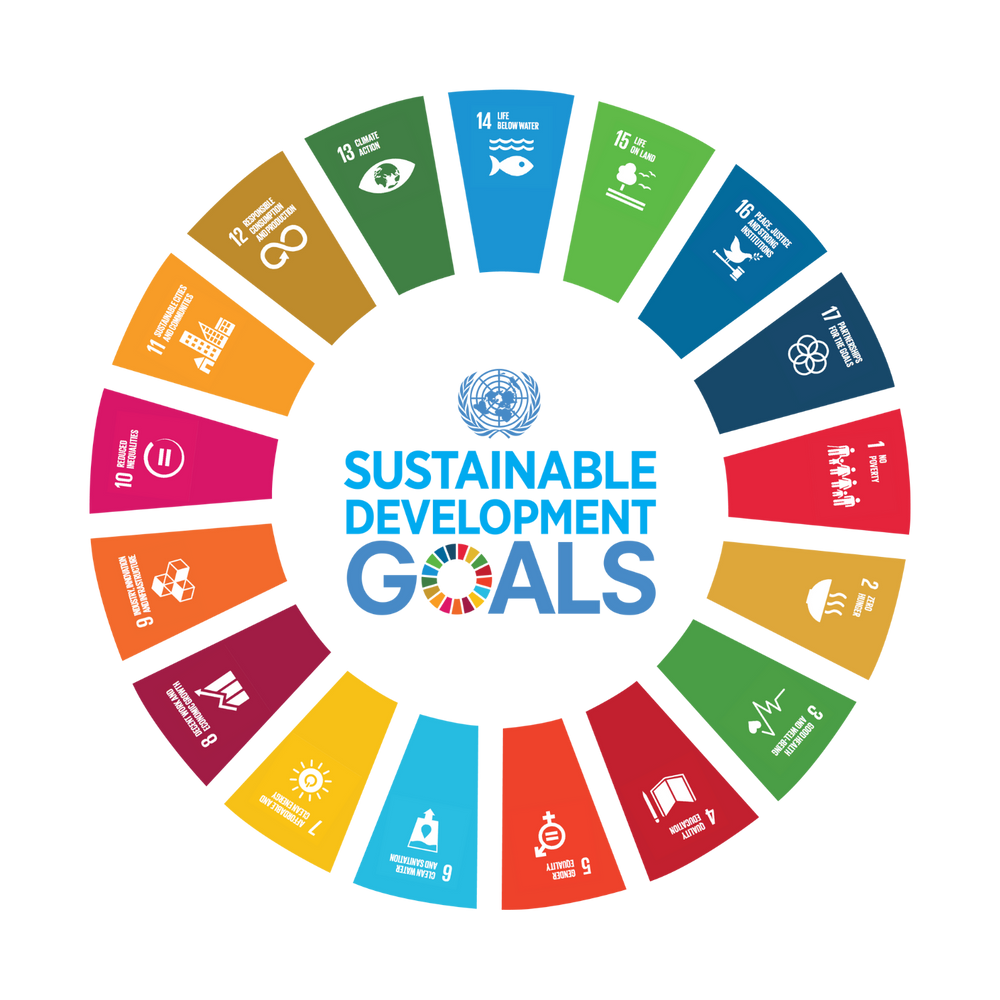
Sustainable Development in the Southern Cardamom Watershed
In partnership with Wildlife Works, Wildlife Alliance, and the Royal Government of Cambodia, the project will generate VCS and CCBA verified carbon credits for 30 years. The social and environmental benefits will have a lasting impact beyond the lifetime of the project.
Key Impact Metrics
- 43 water wells installed in 7 communes.
- 352 rangers are employed and have undertaken nearly 25,000 patrols.
- Confiscatied: 27,000+ logs, 5,600+ chainsaws, and 175,000+ snares.
- Improved conservation measures, reducing threats and improving landscape connectivity for 35 IUCN Red List species through the rescue and rehabilitation of 3,000+ live animals.
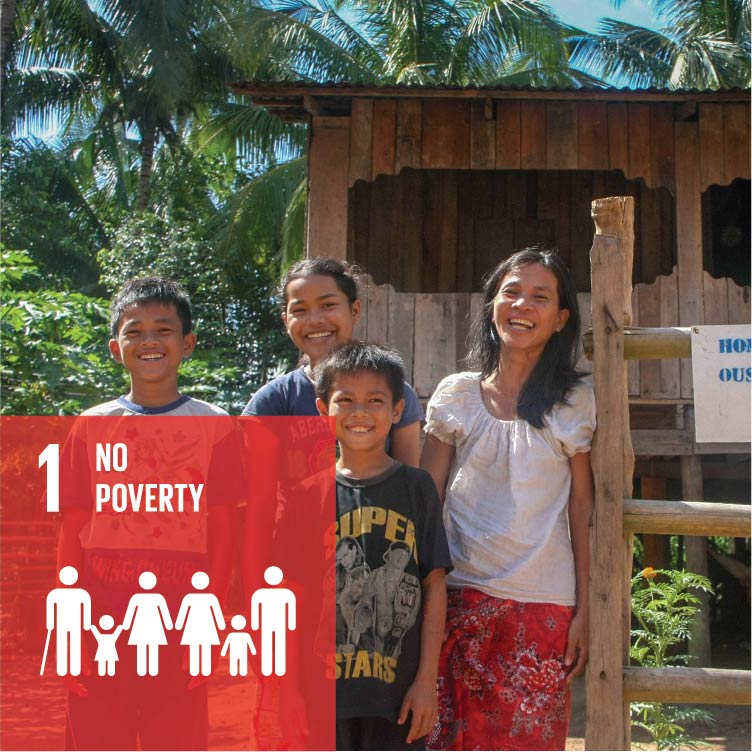
No Poverty
Before this project began, local communities saw low crop yields and low income which would have worsened if not for the intervention of this project. In addition to the protection of lands that lead to increased farm yield, this project also provides opportunities for living-wage employment through ecotourism.
The Community Based Ecotourism (CBET) that has developed in the Southern Cardamom Forest has directly increased the average annual income to $371,105 for 15 villages in the area.
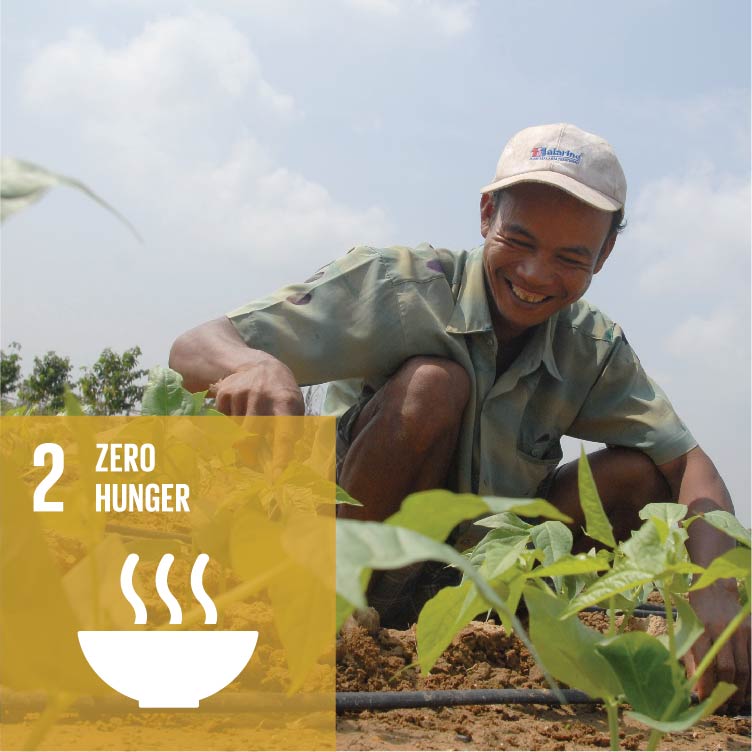
Zero Hunger
Wildlife Alliance works directly with the local communities to develop sustainable agriculture initiatives, which benefit the health of community members as well as the planet.
The crops grown with sustainable farming practices provide nutritious food and generate additional sources of income for community members, relieving communities’ previous reliance on destructive agricultural practices, logging, and poaching.
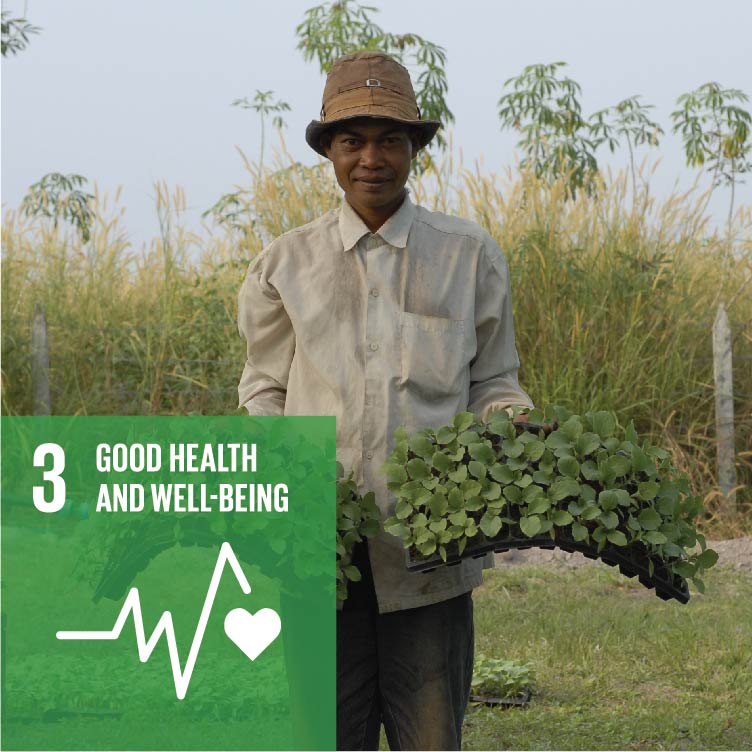
Good Health and Well-being
Prior to this project, over 50% of communities in the Southern Cardamom forest were located outside of traveling distance to the nearest health care facility.
In addition to providing economic opportunities that increase community member’s ability to pay for health care, this project also provides funding to improve health care infrastructure within the project area.
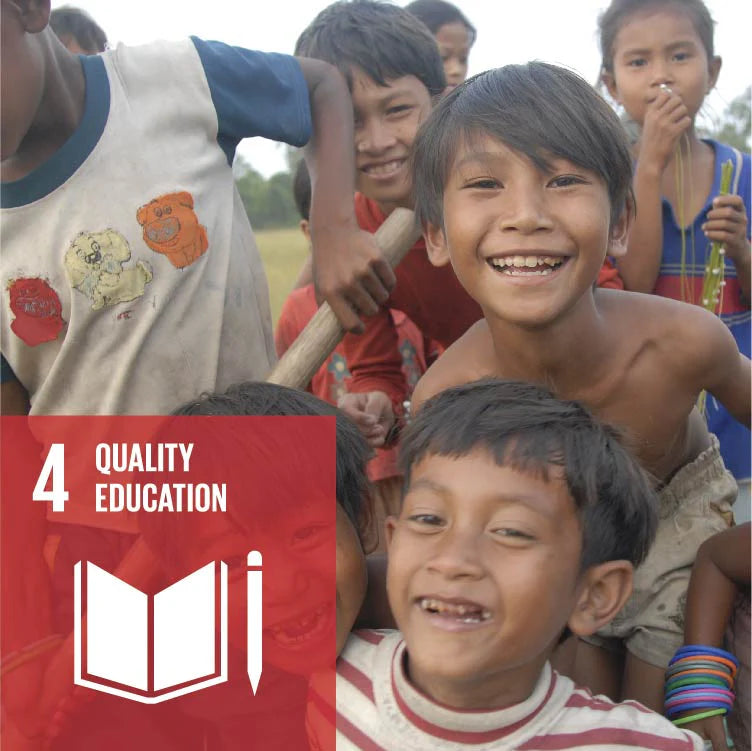
Quality Education
One of the key drivers of generational poverty in the Southern Cardamom region has been a general lack of access to higher education.
In order to address this longstanding issue, funds generated by this project are used to provide scholarships to students in the area.
To date, scholarships have been provided to eight villages across the Southern Cardamom forest, supporting roughly 3,600 families in total.
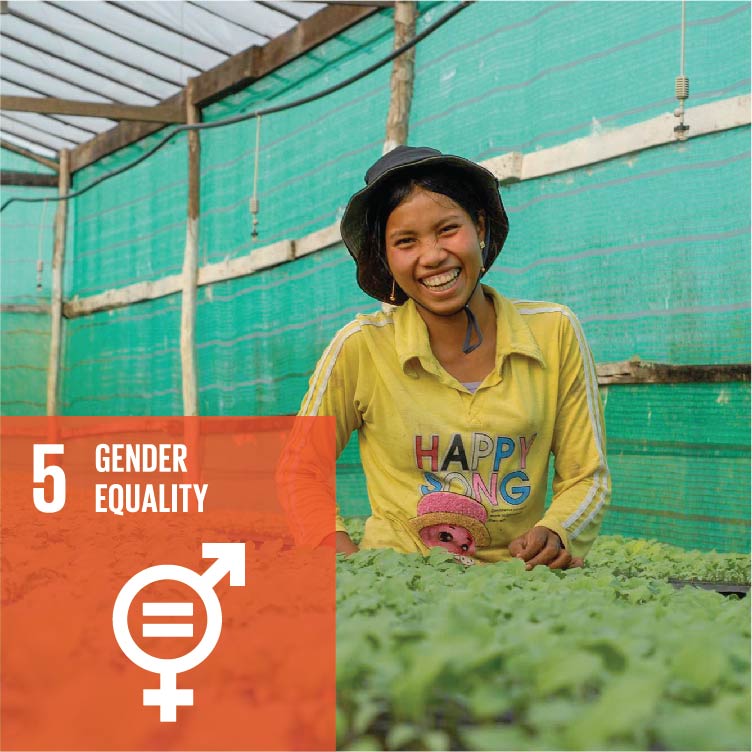
Gender Equality
Prior to this project, women experienced limited economic opportunities and often turned to the illegal wildlife trade for a means of income.
There are now increased opportunities for employment across the Southern Cardamom forest, including Community Based Ecotourism.
In 2020, roughly 50% of community management positions through Community Based Ecotourism and Community Agricultural Development were held by women.
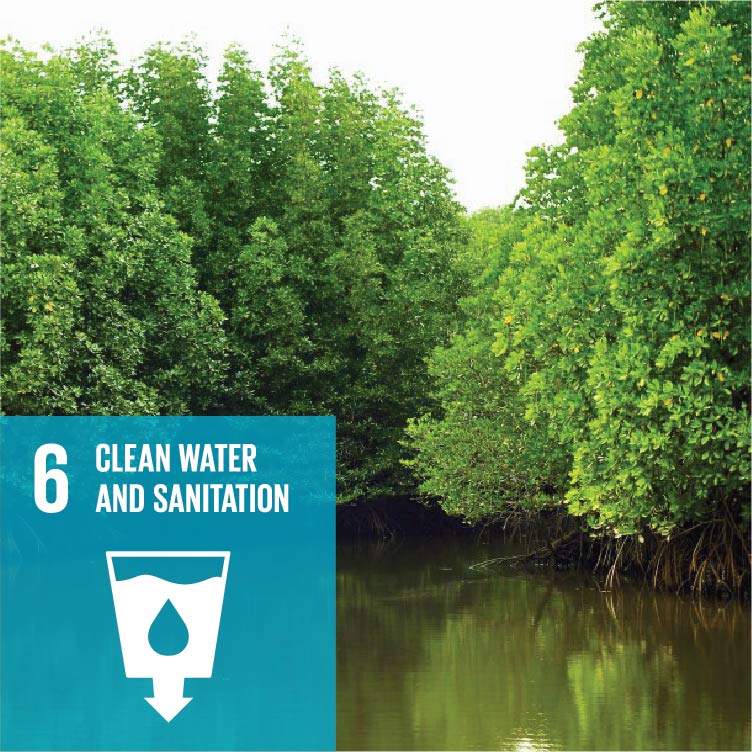
Clean Water and Sanitation
The Southern Cardamom REDD+ Project stretches from the Cardamom Mountains down to the Gulf of Thailand. This watershed is one of the world’s 34 biodiversity hotspots and drains into one of Southeast Asia’s largest mangrove forests, located in the Koh Kong estuary.
In addition to protecting the neighboring mangrove forest and providing clean water to local communities, the clean water protected by this project also has the potential to support hydropower and fisheries.
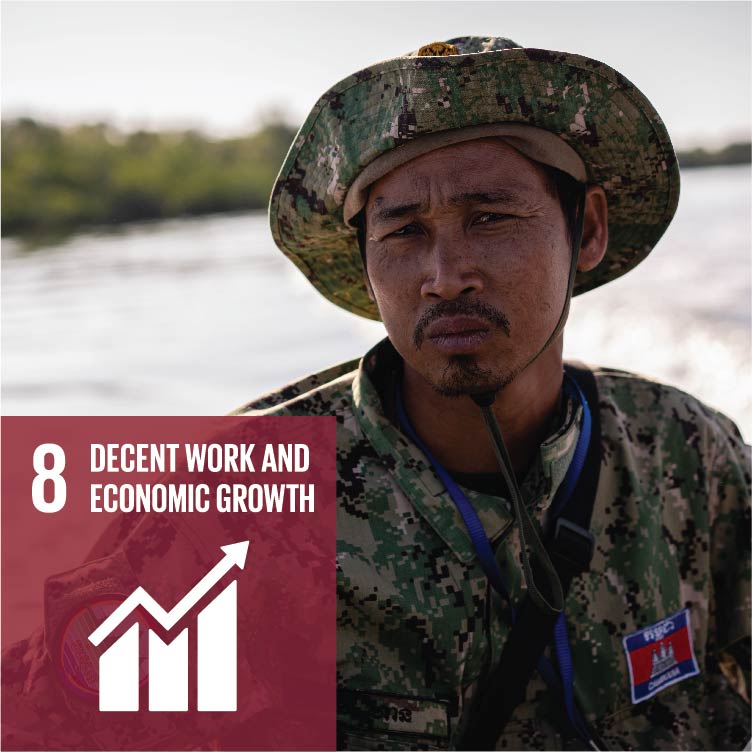
Decent Work and Economic Growth
As a REDD+ project, the key component to long-term sequestration of carbon in the Southern Cardamom Forest is protection of existing forest health. In order to ensure healthy biodiversity of both tree and animal species, 352 rangers are employed and have undertaken nearly 25,000 patrols, resulting in the removal of >175,000 snares, and confiscation of >27,000 logs and >5600 chainsaws as well as the rescue and rehabilitation of >3000 live animals.
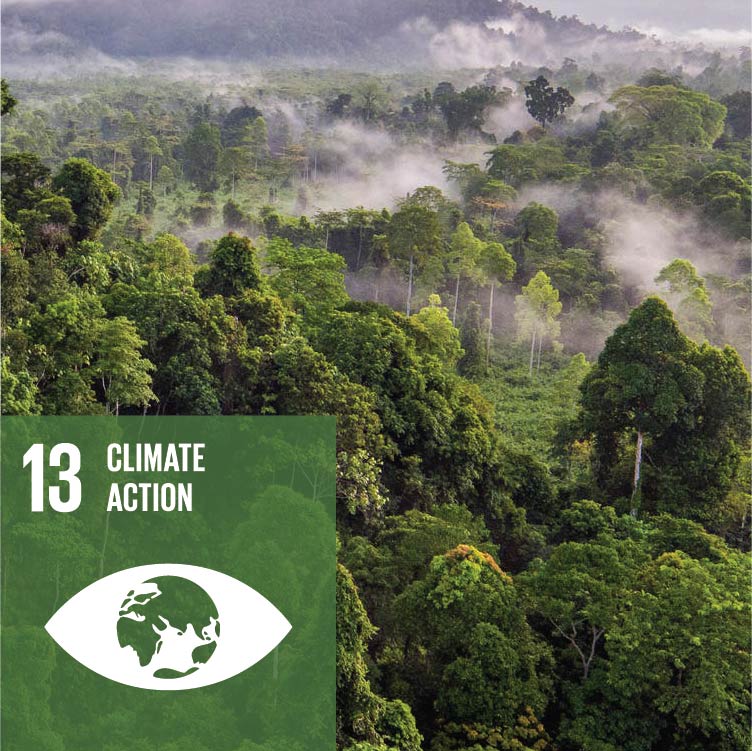
Climate Action
As a VCS, CCB and SD VISta verified REDD+ project, this project prevents the emission of an average of 3.5 million tons of CO2 each year by avoiding deforestation and forest degradation.
In order to ensure the continued success of this project, community members are trained on improved agricultural methods, ecotourism programs, direct employment, and strengthening of community organizations.
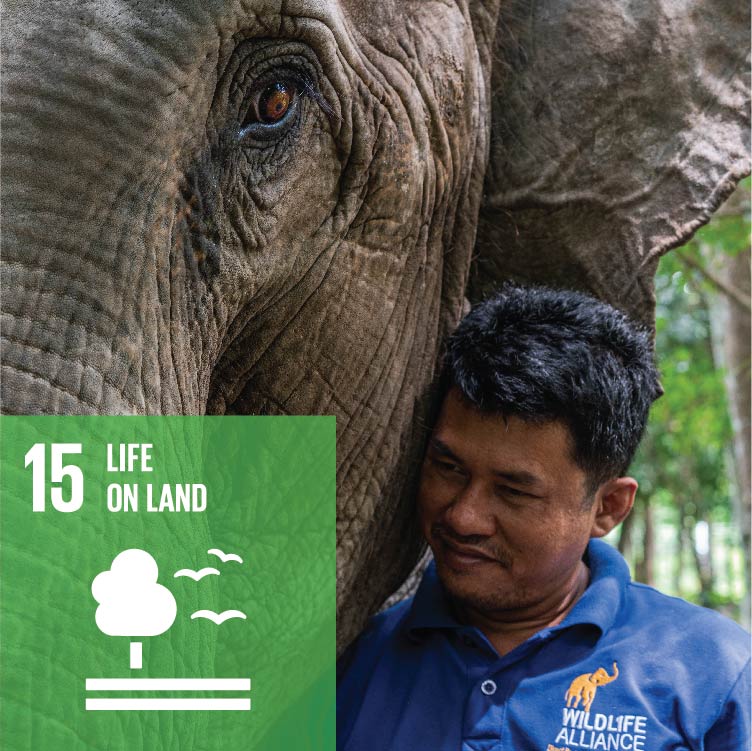
Life on Land
Prior to this project, the Southern Cardamom forest faced direct threats to forest destruction and land encroachment. These threats would only have worsened as community reliance on commercial logging and agriculture would have continued in the absence of alternate livelihoods. Local wildlife also faced significant threats due to poaching and logging.
This project now protects 497,000 hectares of tropical forest, providing safe habitat to 17 endangered and critically endangered species. Since 2006, there have been zero instances of poaching the endangered Asian elephants.



